Interactive Home Ventilation Tool
Small particles that people breathe out can contain virus particles, including the virus that causes COVID-19. If a guest visits your home, improving ventilation (air flow) can help prevent virus particles from accumulating in the air. Good ventilation, along with other preventive actions, like staying 6 feet apart and correctly wearing masks, can help prevent you from getting and spreading COVID-19.
How can I decrease the level of virus particles during and after a guest visits my home?
Select the options below to see how particle levels change as you adjust ventilation settings.
(To create additional scenarios, including to adjust the length of the visit and size of the home, see the expanded model from the National Institute of Standards and Technology.)
The risk of getting COVID-19 varies according to individual susceptibility and the number of virus particles to which a person is exposed. The fewer virus particles in the air, the better.
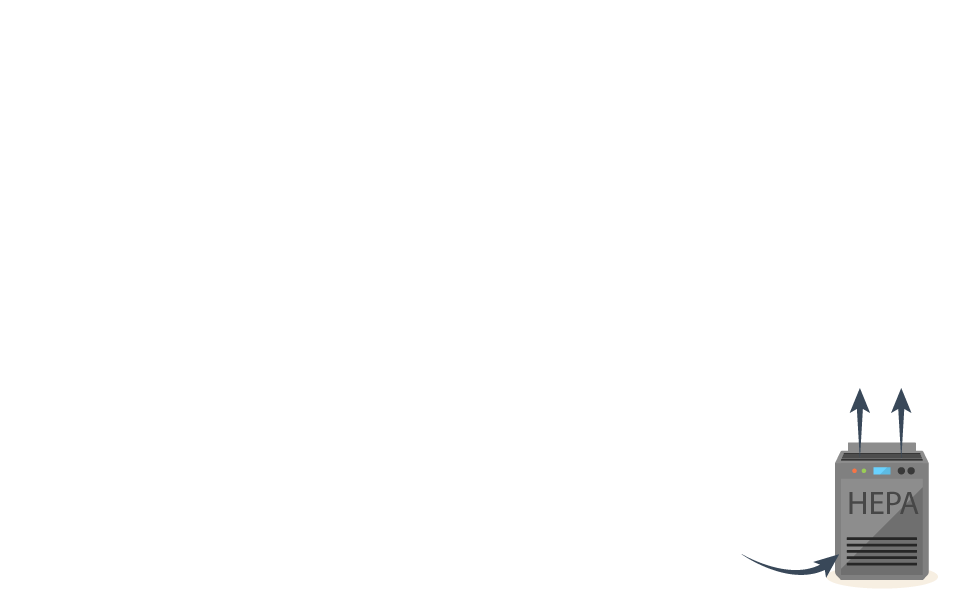
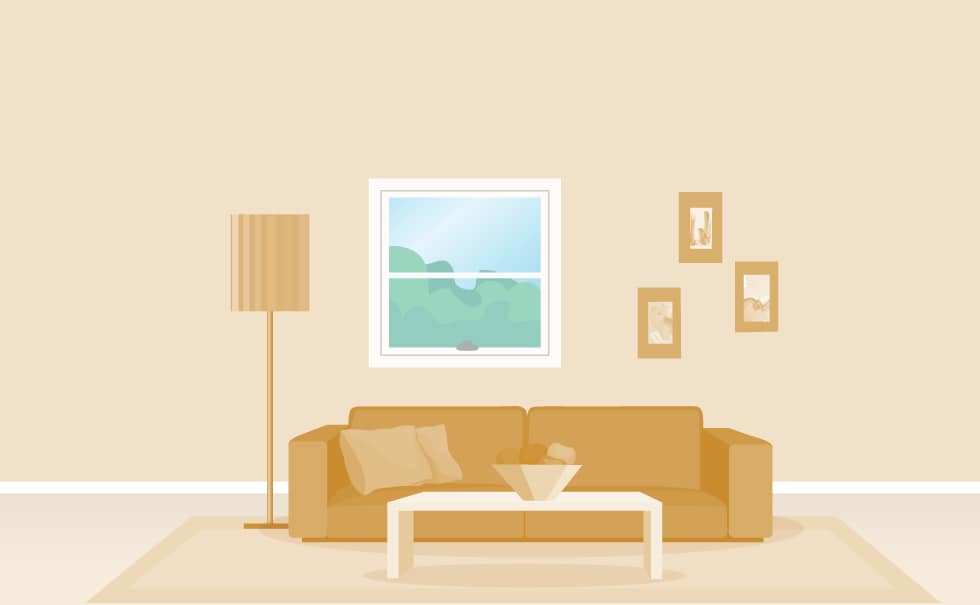


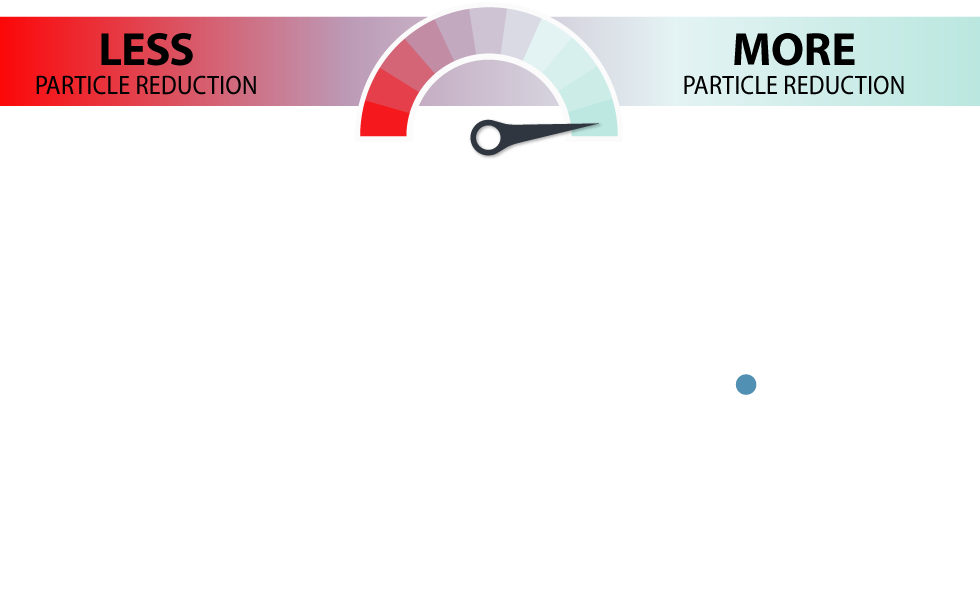
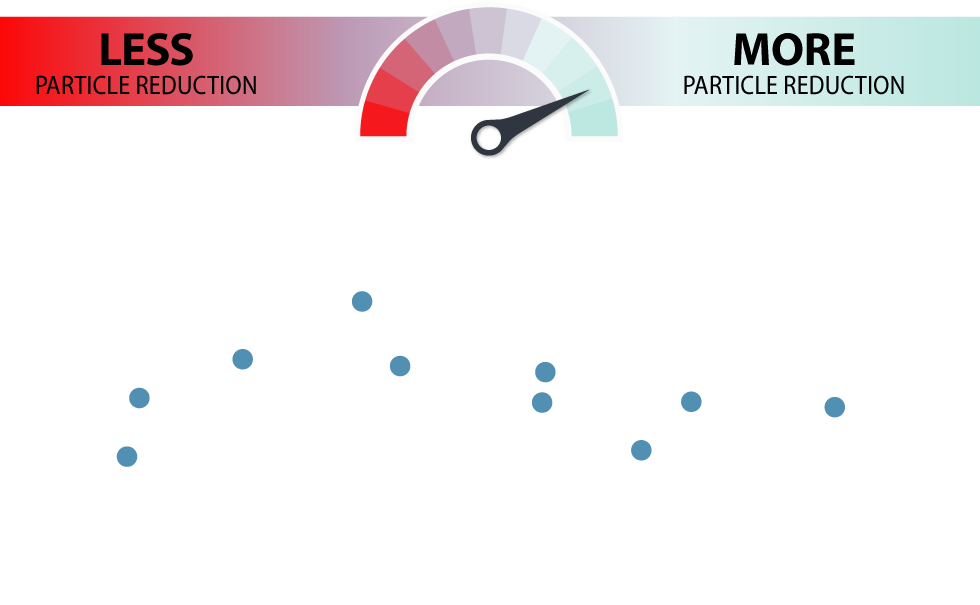
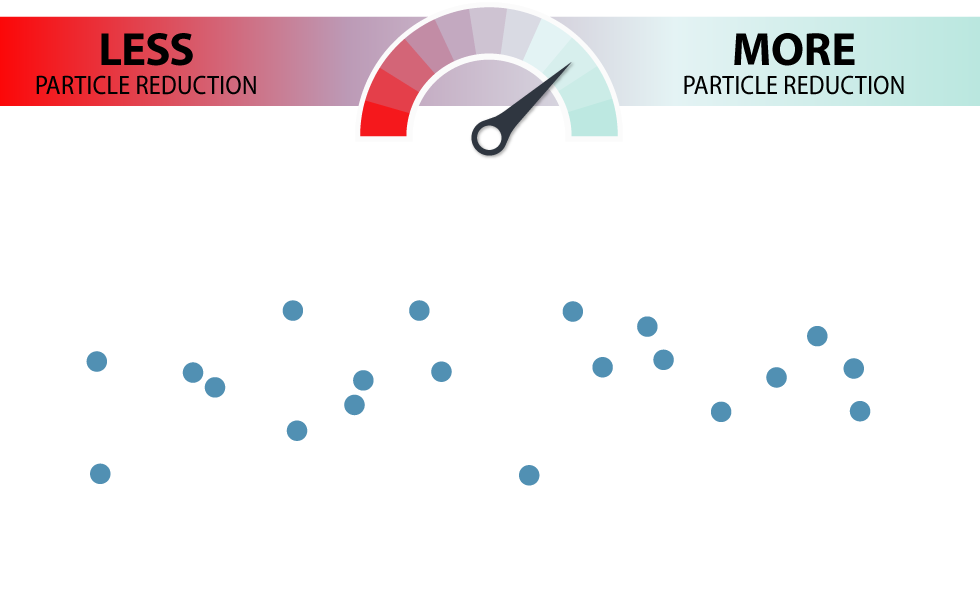
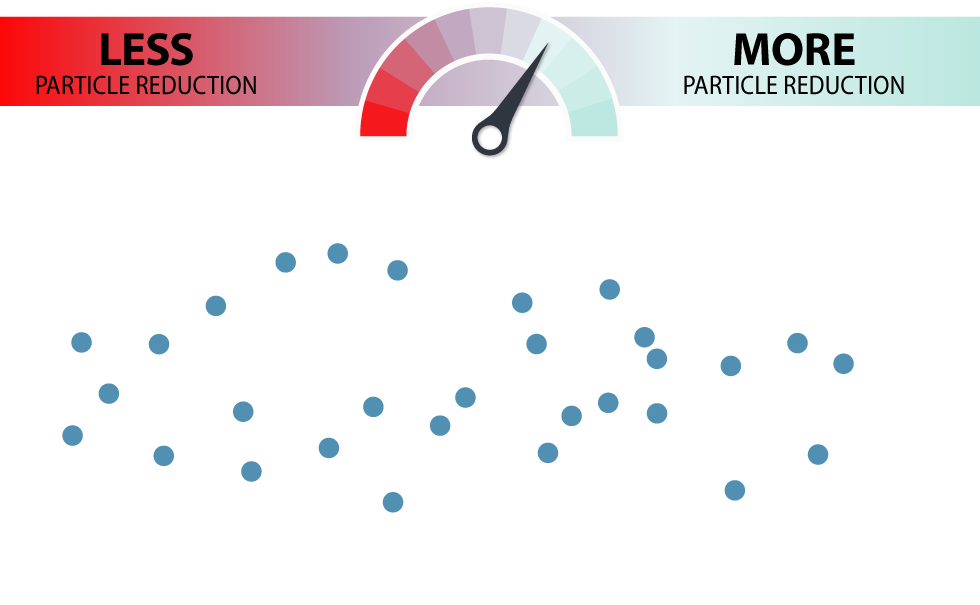
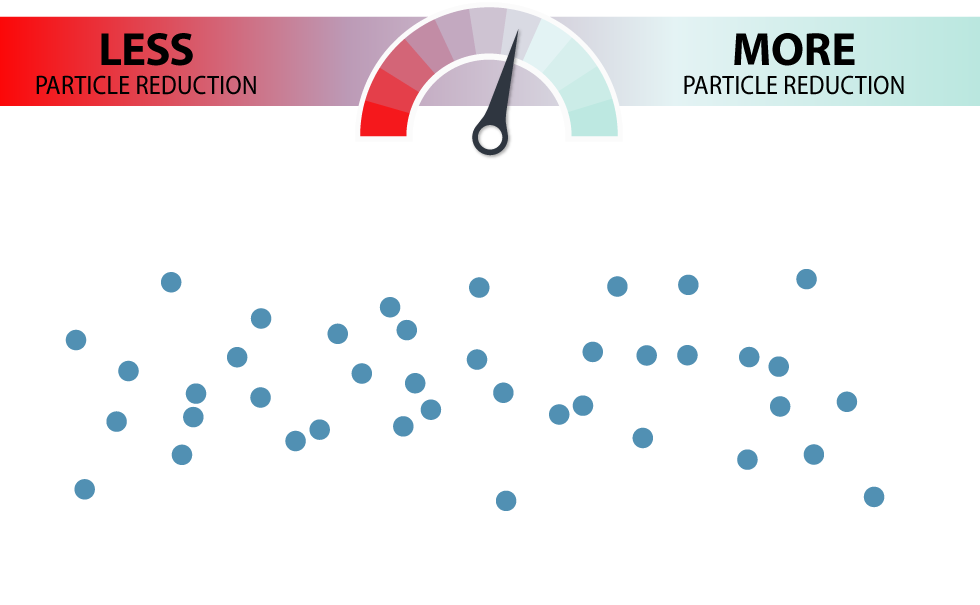
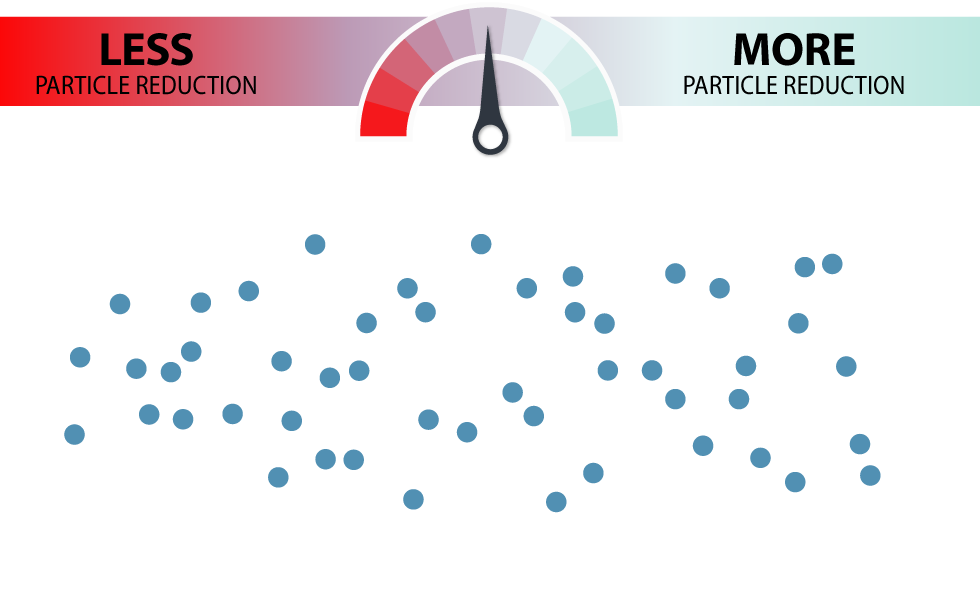
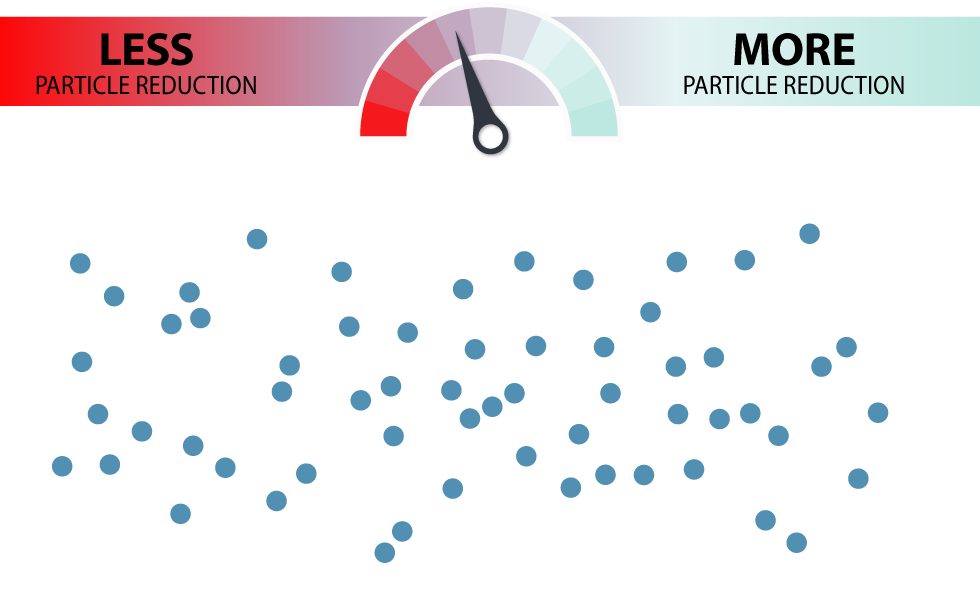
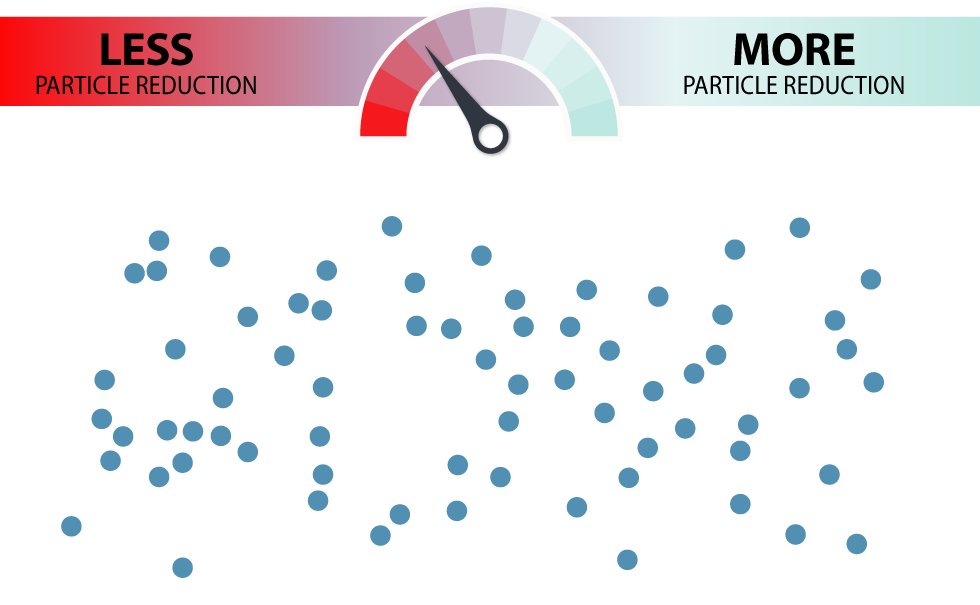
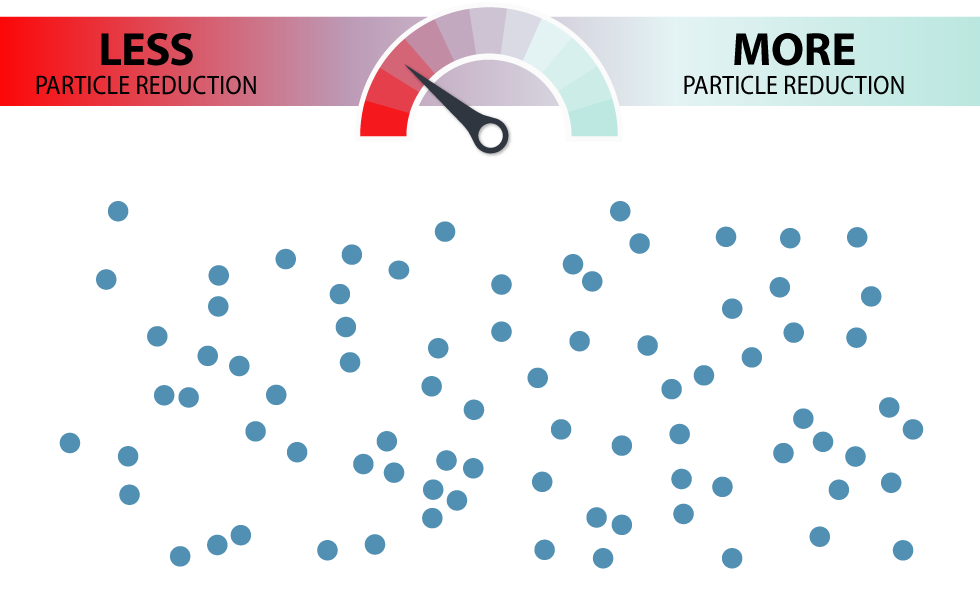
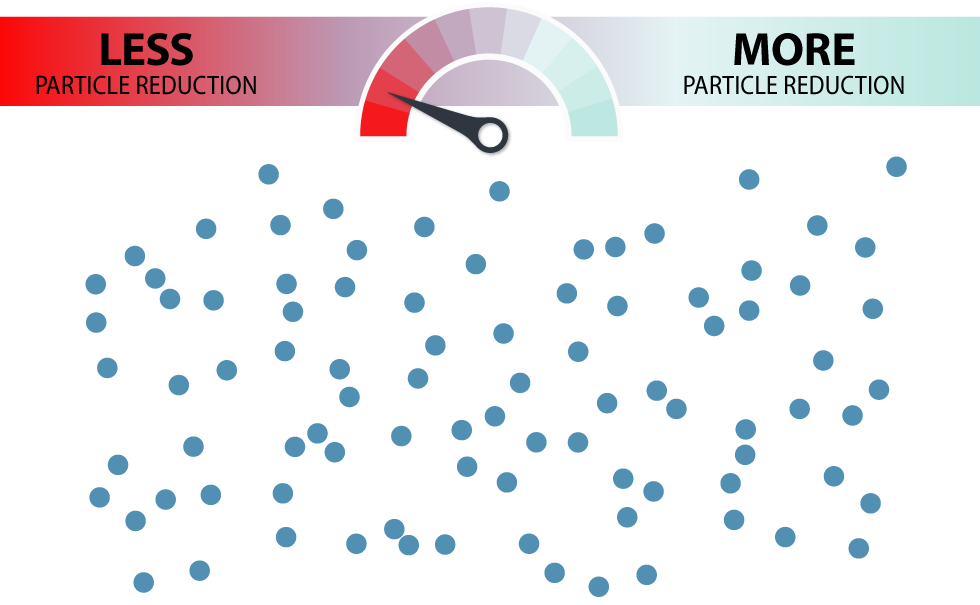
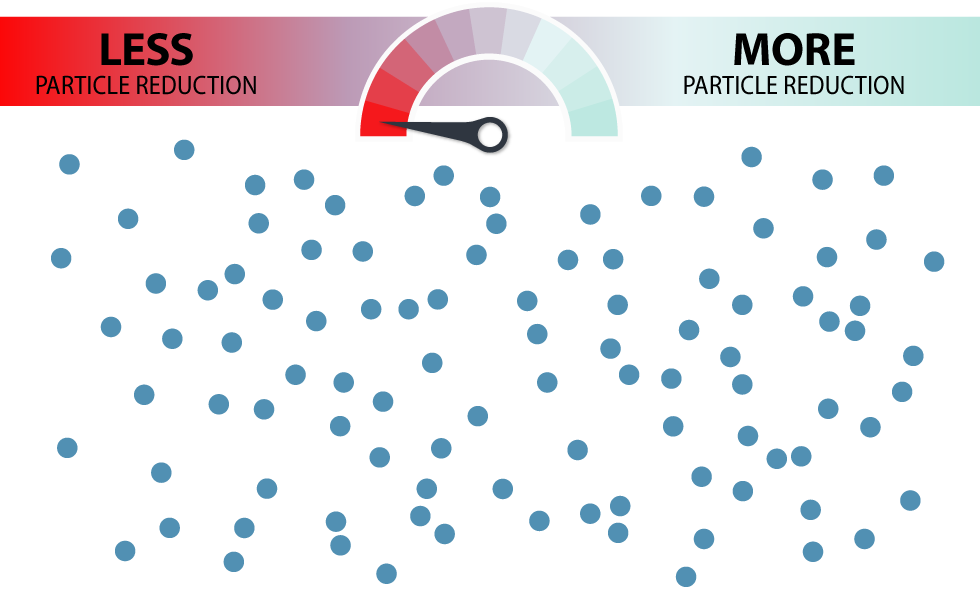

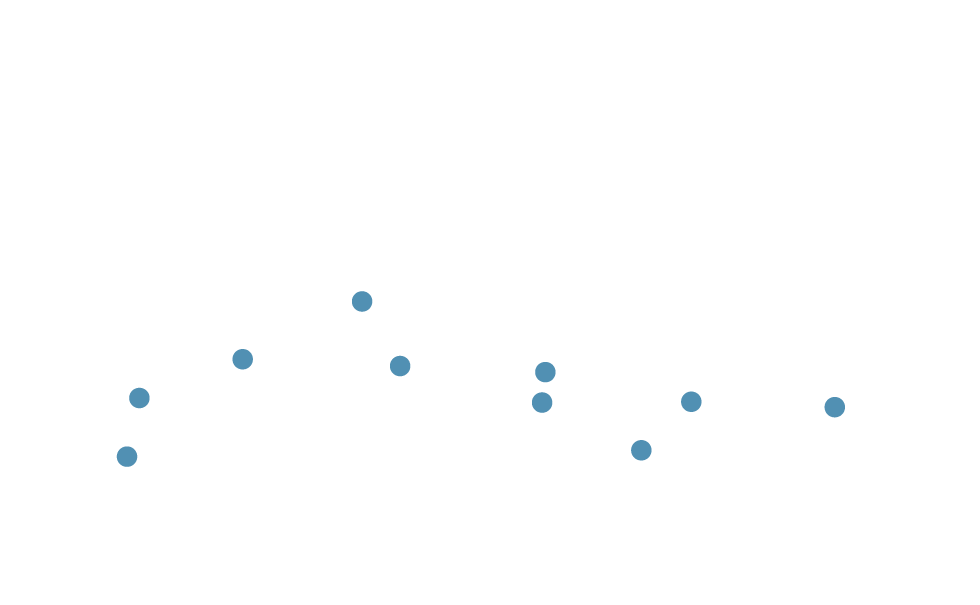
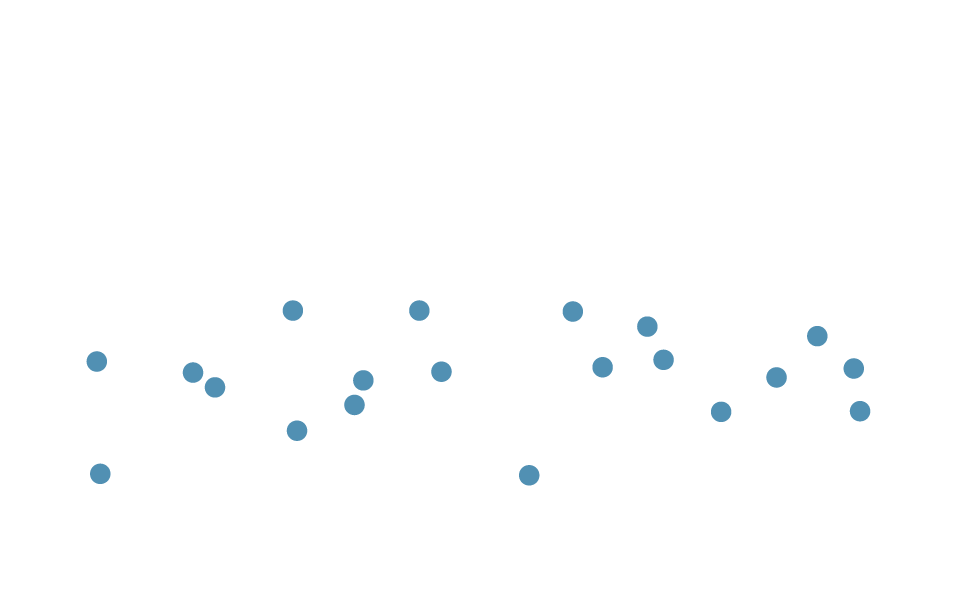
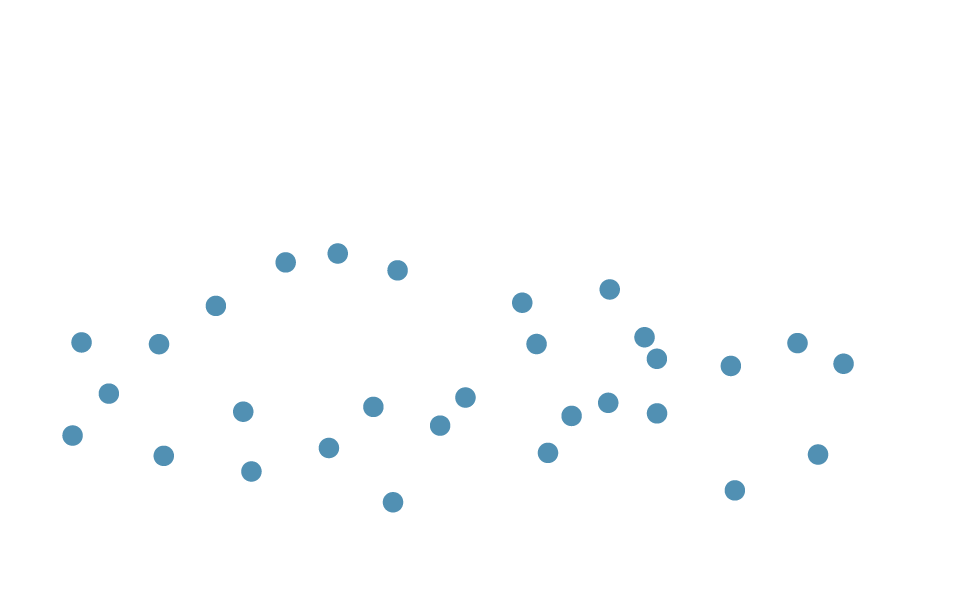
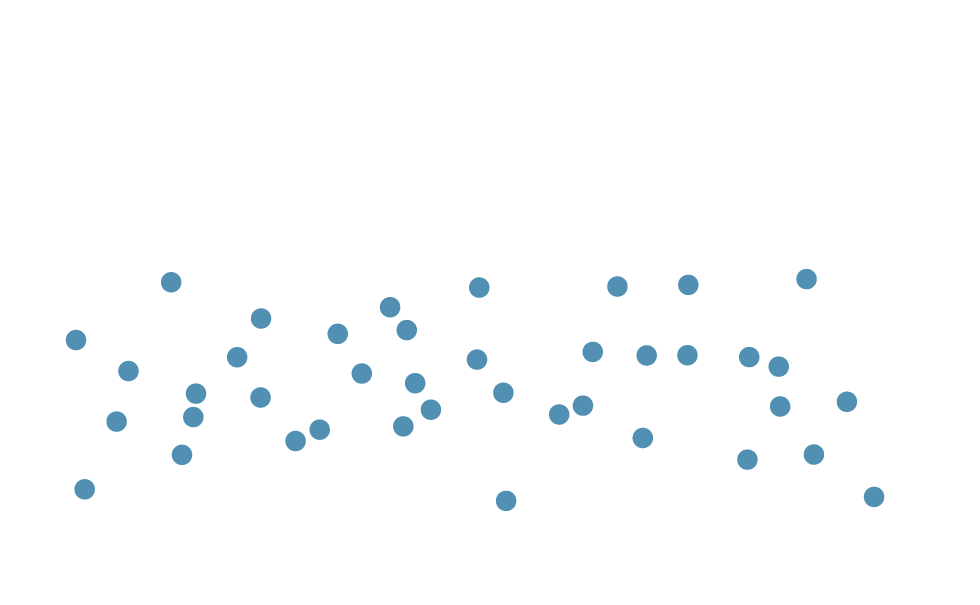
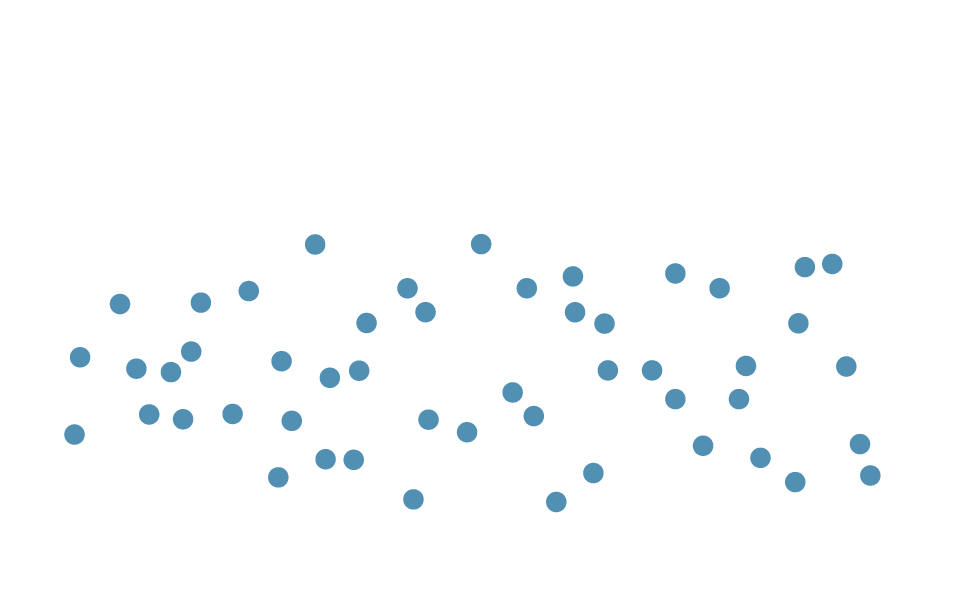
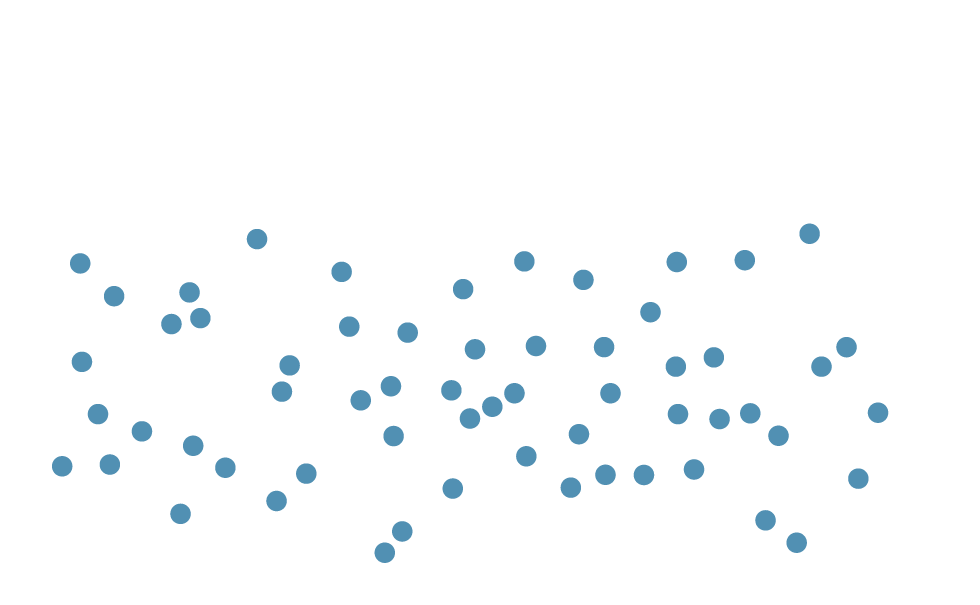
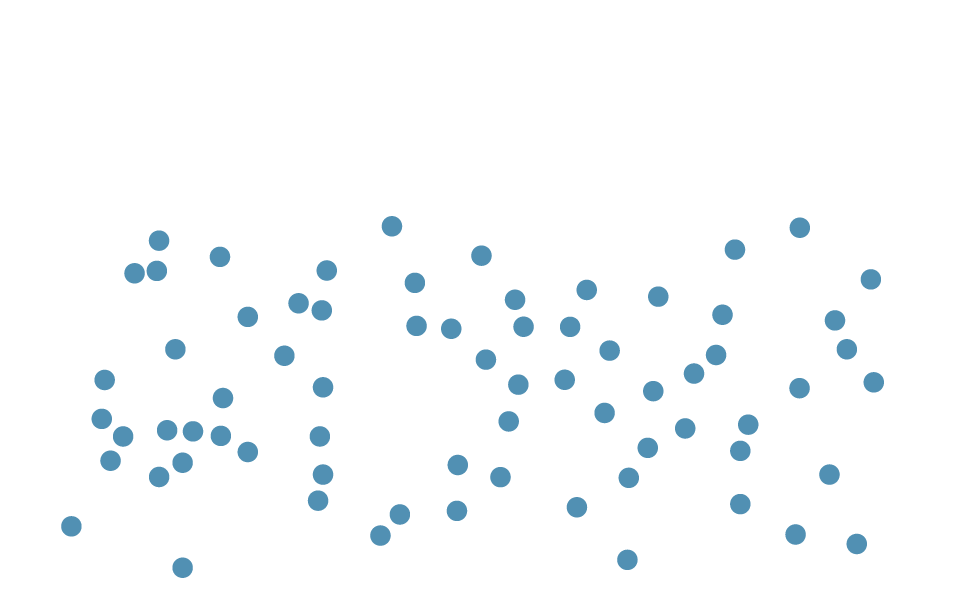
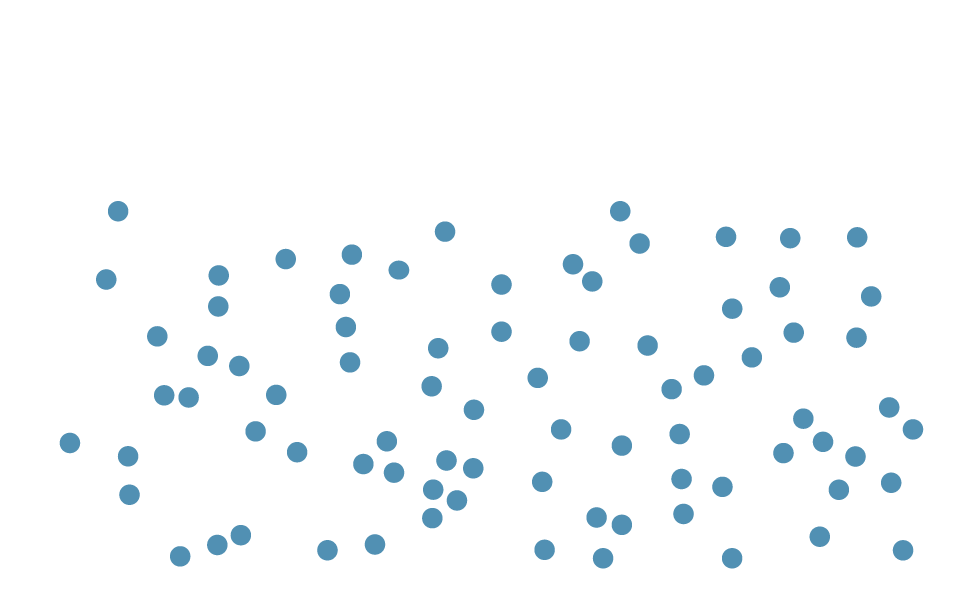
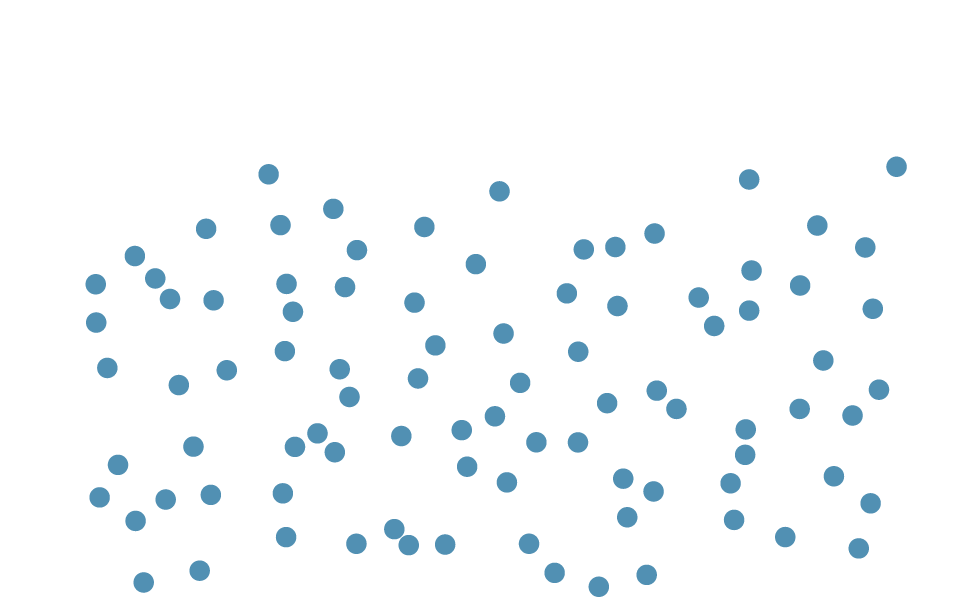
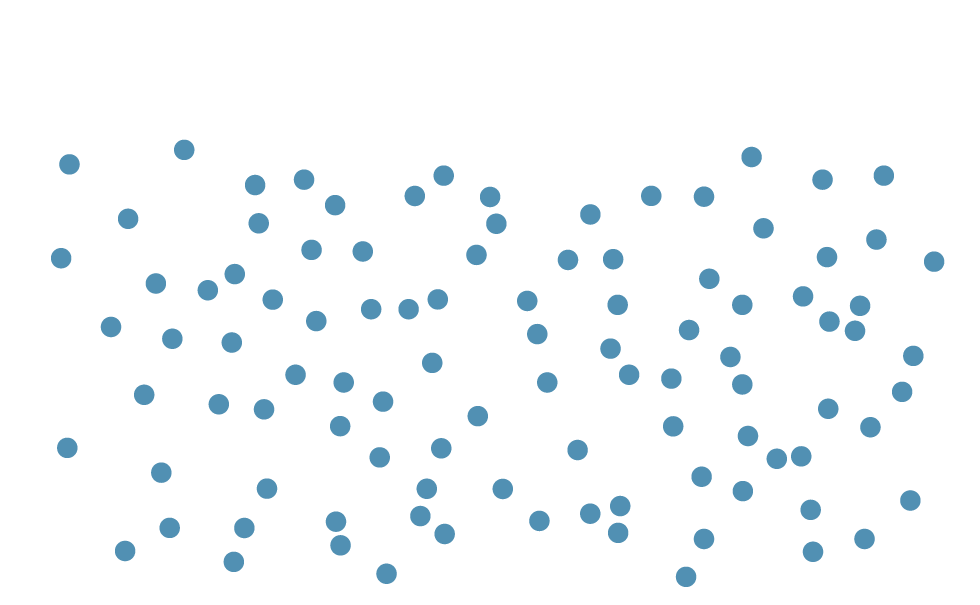


We need your feedback! Help us improve this tool by taking a quick survey after using the tool below.